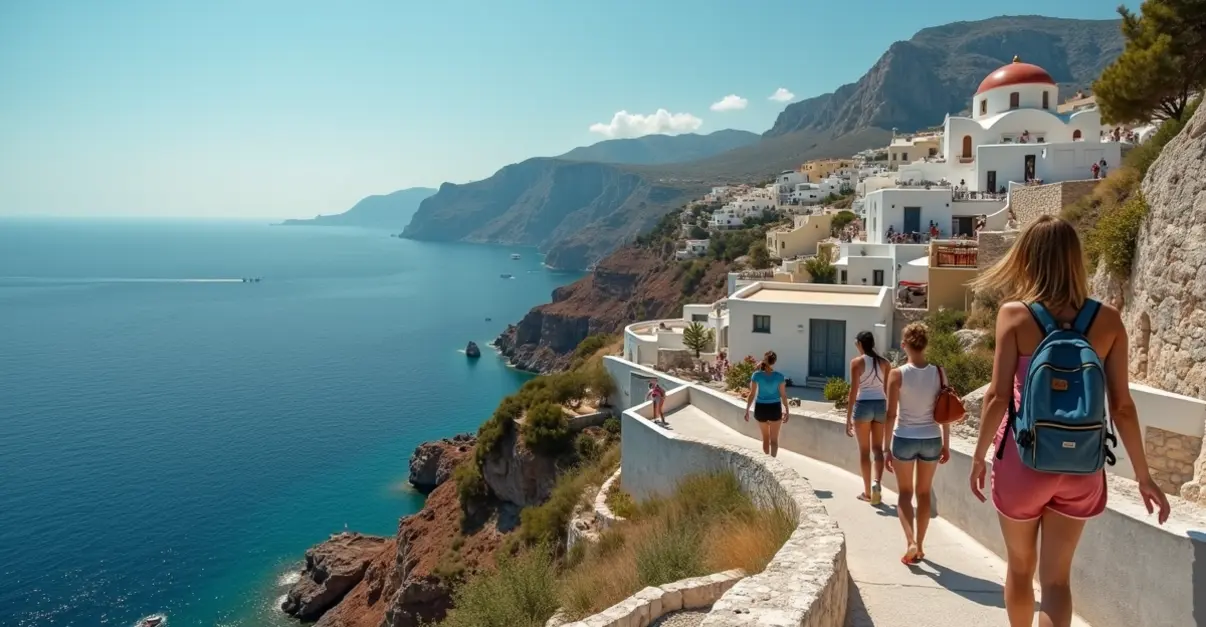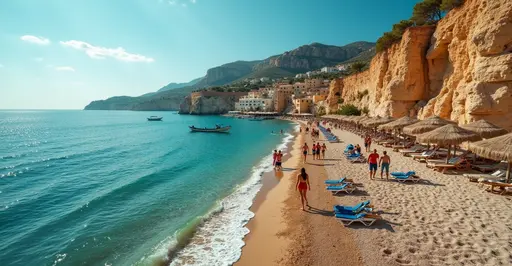
Mass Tourism Overwhelms Greek Islands
The idyllic image of white-washed houses perched on steep cliffs above azure waters hides a harsh reality for Greek residents. Mass tourism has reached critical levels in Greece, with popular destinations like Santorini experiencing unprecedented overcrowding that threatens local quality of life.
Tourist Influx Reaches Breaking Point
Last summer, Santorini—home to just 15,000 permanent residents—welcomed an astonishing 11,000 tourists in a single day. This near-doubling of the population forced local authorities to consider declaring a state of emergency. The mayor of Fira, the island's capital, took to social media advising residents to stay indoors due to dangerously crowded streets.
Economic Paradox: Tourism Booms While Locals Struggle
While tourism generates substantial revenue for Greece—reaching €21.7 billion in 2024 according to the Bank of Greece—the benefits are unevenly distributed. The economic crisis and persistently low wages make vacationing unaffordable for many Greeks. Average monthly salaries stand at just €1,342, while ferry tickets for a family of four with a car can cost €450, making even domestic travel prohibitive.
Statistical Evidence of Tourism Inequality
Eurostat data reveals that 46% of Greeks cannot afford a one-week vacation—19% higher than the EU average. This represents a dramatic shift from a decade ago when Greeks typically took 20-30 days of vacation annually. Today, less than a week has become the norm for those who can afford any time off.
Rising Costs and Local Displacement
Mass tourism has driven up prices across accommodation, restaurants, and services, with businesses increasingly catering to foreign tourists' spending power. Many Greeks now find it cheaper to vacation abroad than to visit their own islands, creating a paradoxical situation where the country's most beautiful destinations are inaccessible to its own citizens.
Sustainable Tourism Solutions Needed
The situation highlights the urgent need for sustainable tourism policies that balance economic benefits with local quality of life. Without intervention, the very attractions that draw visitors to Greece risk being degraded by the overwhelming pressure of overtourism, while local communities continue to bear the social and economic costs.

 Nederlands
Nederlands English
English Français
Français Deutsch
Deutsch Español
Español Português
Português






